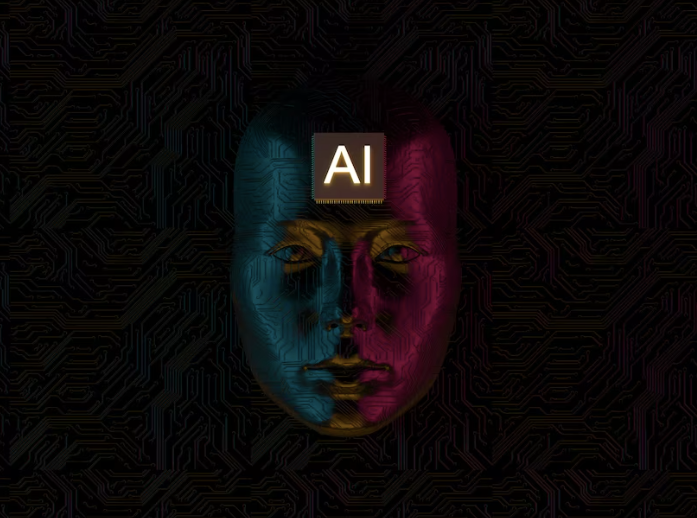AI-Powered Cybersecurity: The Future is Now

Artificial intelligence (AI) is rapidly transforming cybersecurity. From detecting new threats to automating security tasks, AI is being used to make our online world more secure.
Here are some of the ways that AI is being used in cybersecurity:
- Threat detection: AI can be used to analyze large amounts of data to identify new threats. For example, AI can be used to detect malware and other malicious activity.
- Incident response: AI can be used to automate incident response tasks, such as triaging alerts and deploying remediations. This can help to reduce the time and resources required to respond to incidents.
- Security automation: AI can be used to automate security tasks, such as vulnerability scanning and patch management. This can help to free up security professionals to focus on more strategic tasks.
- User behavior analytics: AI can be used to analyze user behavior to identify suspicious activity. This can help to detect insider threats and other malicious activity.
- Machine learning: AI can be used to train machine learning models to detect threats. These models can learn to identify patterns that would be difficult for humans to detect.
These are just a few of the ways that AI is being used in cybersecurity. AI has the potential to revolutionize cybersecurity and make our online world more secure.
The future of AI in cybersecurity is bright. With continued research and development, AI is poised to play an even greater role in cybersecurity in the years to come.
Here are some of the potential benefits of AI in cybersecurity:
- Increased visibility: AI can help to provide security teams with more visibility into their environment. This can help them to identify and respond to threats more quickly.
- Reduced costs: AI can help to reduce the costs of cybersecurity by automating tasks and improving efficiency.
- Enhanced security: AI can help to improve the security of systems and networks by detecting and responding to threats more effectively.
- Increased compliance: AI can help organizations to comply with security regulations by automating tasks and providing insights into their compliance posture.
The adoption of AI in cybersecurity is still in its early stages, but it is growing rapidly. As AI technology continues to develop, it is likely to play an increasingly important role in cybersecurity.
Here are some of the challenges that need to be addressed in order to fully realize the potential of AI in cybersecurity:
- Data privacy: AI systems need access to large amounts of data in order to train and operate effectively. This raises concerns about data privacy and security.
- Algorithmic bias: AI systems can be biased if they are trained on data that is biased. This can lead to unfair decisions being made, such as denying access to resources.
- Explainability: It can be difficult to understand how AI systems make decisions. This can make it difficult to trust and use these systems.
- Regulation: As AI becomes more widely used in cybersecurity, there will be a need for new regulations to ensure that it is used responsibly and ethically.
Despite these challenges, the potential benefits of AI in cybersecurity are significant. With careful planning and execution, AI can help to make our online world more secure.


